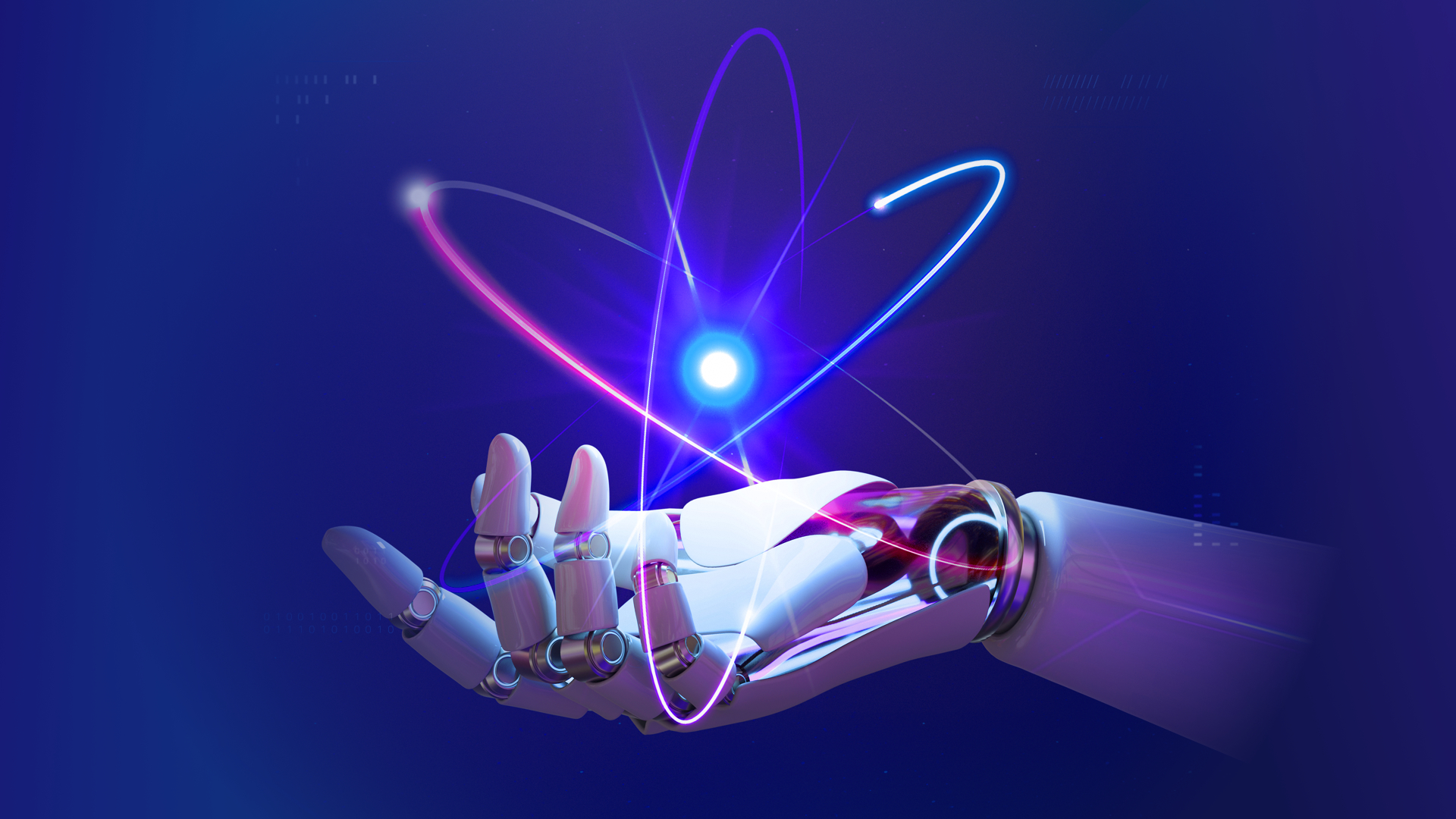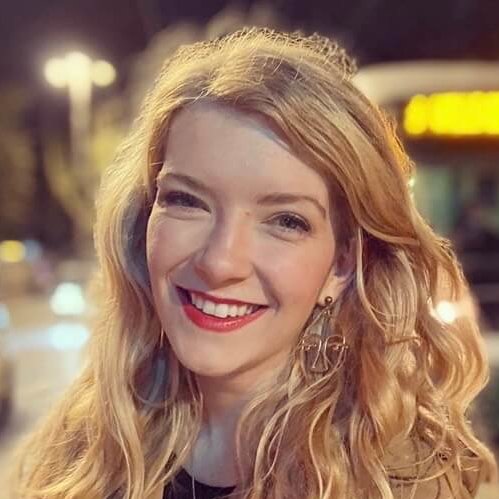July 7, 2023
Can AI be truly creative?

As recently as a few years ago, questioning whether or not AI can be creative would have felt like something of a niche query. But now, with the rising popularity and increasing power of AI tools in daily life, it has become a more frequent and pressing concern.
Creativity has always seemed to be the trait which makes humanity special. After all, invention and innovation has forever powered the advancement of society and indeed of civilization itself. After all, what does it mean if we’re no longer the sole creative power in the world?
It’s important to note, of course, that there can be no truly definitive answer to this question – in many ways it is a philosophical issue as much as a social one. Still, in order to reach any kind of conclusion at all, we need to be able to agree about what exactly true creativity is so that we can then measure it against AI’s abilities.
What is creativity?
It perhaps speaks to the nature of creativity that it is a term which is hard to put into words. The Cambridge University dictionary defines it as: “The ability to produce or use original and unusual ideas.”
There’s a few aspects to consider here, especially pertaining to that idea of “producing” – which implies the creation of something which did not exist before – as well as the idea of “originality”. We recognise something as original when it strikes us as novel and unique. Certainly, these are some helpful touchstones for us to measure AI against.
We can also look at a more neurological and fleshed out definition. Take this one from Ayoa CEO, Chris Griffiths, who says that creativity is: “The incubator and cultivator of new ideas, which are born from existing knowledge and combined to form a new neural pathway in the brain, leading to a personal original thought.”
What’s interesting about this way of looking at creativity is that it incorporates the brain and the process of thinking, as well as the concept of personhood itself, into the definition. All of this is worth bringing forward when addressing the question of AI and creativity, and how it measures up to human creativity.
On the surface
So, before we get into the nitty gritty, given that creativity is literally about creation, let’s look at the content AI can produce currently. With machine learning and generative AI tools such as ChatGPT or Dal-E, a human user can put in a prompt and receive new, original content in response. Doesn’t that answer our question, you might wonder? AI can create stuff – so isn’t it by extension creative?
Well, taking into consideration some of those earlier hallmarks of creativity we can certainly say that, for example, an essay written by ChatGPT is original in the sense that it is not plagiarised. Similarly, ask Dal-E to create a picture of a rainbow and it can give you a seemingly novel image which is not lifted from elsewhere.
The issue comes when we consider the quality of this content, and crucially the processes which enabled the AI tool to produce it. Going back to that idea of thinking, AI does not “think” in order to produce this content, but draws from the data it is trained on to give the user what it believes it wants – which brings us on to our next point.
The programming catch
As humans, we are natural data processing machines. Every day we take in huge amounts of data through all of our senses, as we experience the world around us, we learn from it, and also make sense of it through modes of expression such as language. AI – as a piece of technology without consciousness – does not have the same experience. Instead, it has to be trained on data and taught a certain set of rules in relation to that data in order to make it useful.
Bernard Marr explains this process in Forbes: “For example, by being trained on 1,000 descriptions of “the sun”, it might establish rules that say there is a high probability that “the sun” is hot, massive, yellow, and roughly 100 million miles away […] Therefore, when it’s asked to create a piece of text describing the sun, it has all the information it needs to do it.”
What this means is that, without the training data AI is given, it is not able to think or come up with ideas independently. It also means that all of the information it creates, while it can be incredibly helpful in some ways, is arguably not as creative as that produced by humans as it simply “rephrases” existing content. Because it lacks the experience of being a person, it is not able to compete with the constant input of raw data and emotional nuance humans benefit from simply by existing.
To conclude
It is perhaps a frustrating conclusion to draw, but the answer to whether AI can be creative or not is really both yes and no. While it can certainly be creative in the sense that it can produce an arrangement of content that hasn’t been seen before, it still relies on the data it is trained on, and the information which is ultimately created by humans.
However, the way it processes this data shouldn’t be underestimated as it can still be hugely beneficial to the human race – for example, with a recent breakthrough in creating a life-saving antibiotic in an incredibly short period of time. AI will also continue to develop and progress, so who knows what it might be capable of in the decades to come?
Still, in the meantime, we can at the very least use the incredible abilities of these new tools to sift through data, uncover insights, and prompt our best ideas so that we can become more – rather than less – creative with the aid of AI.

